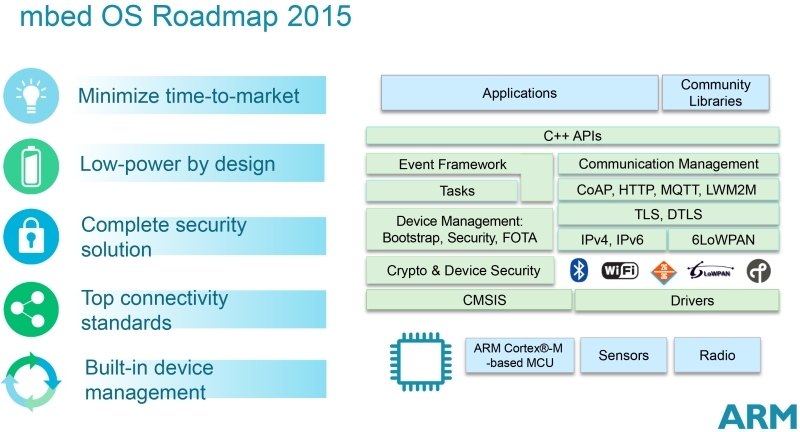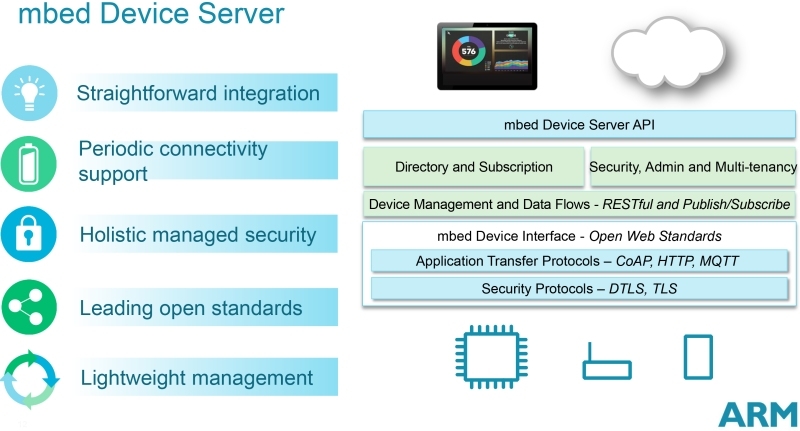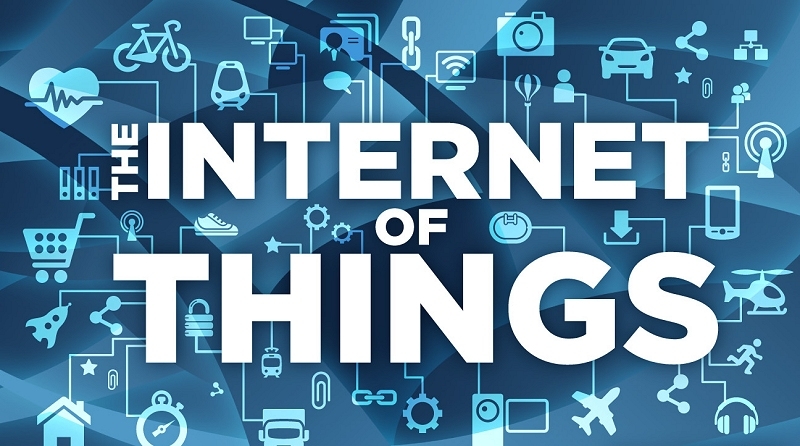Mobile chip maker ARM has enjoyed incredible success laying the groundwork for chips that power smartphones and tablets but as any good company should, they're looking not at what's popular today but what will be popular in the future.
Many believe the next big thing (no, not another Samsung phone) will be the Internet of Things (IoT), a term coined by Kevin Ashton that is collectively used to describe Internet-connected smart devices loaded with sensors like appliances, thermostats and light bulbs, just to name a few.
The problem with the IoT today - and in the future- is fragmentation. Companies no doubt have some pretty creative ideas in mind right now but the task of creating software and managing data collected from devices is slowing down innovation. What's more, it's inevitably going to be a nightmare to manage everything without a universal platform in place which is where ARM comes in.

At its annual TechCon conference in Santa Clara, ARM announced an operating system and back-end software for the IoT. The operating system, called mbed OS which was first developed in 2006, will save device manufacturers lots of time as they won't have to worry about core requirements like power management and security as they'll come baked into ARM's platform.
Manufacturers will instead build their products on top of the ARM platform, ultimately reducing development and deployment times. The company said its mbed OS will run inside Cortex-M processors and use less than 256KB of memory.

Additionally, ARM is planning to sell its back-end solution called the mbed Device Server. This software will be used to collect data from IoT devices and make the information available to other devices.
The announcement goes along with the launch of ARM's Cortex M7 processor for IoT devices last week. The company plans to make the OS available free of charge starting next year.
